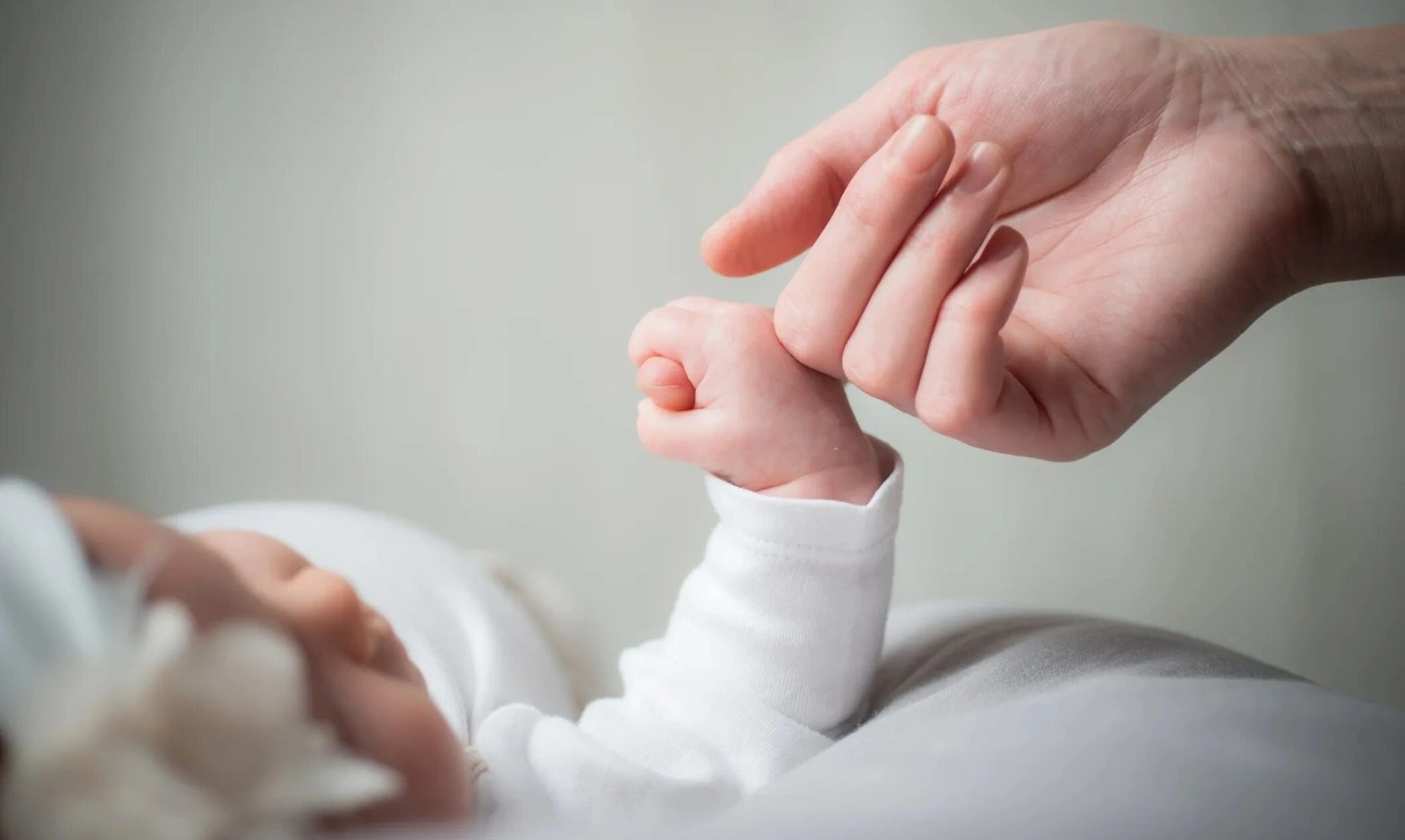Calls for Ukraine
Calls for Europe
Calls for USA

A boy was born in the US who developed from an embryo frozen more than 30 years ago. According to some experts, this case can be considered a record — to date, this is the longest period of embryo cryopreservation followed by a successful pregnancy and the birth of a healthy child.
The embryo was created in May 1994 as part of an in vitro fertilization (IVF) procedure for Linda Archard and her then-husband. After the birth of their daughter, the couple had three frozen embryos left, which were stored in a cryobank for decades. Many years later, Archard decided to donate them to another family.
Lindsay and Tim Pearce became the adoptive parents of this embryo. According to them, they were not trying to set a record, but simply wanted a child. The boy was born on July 26, 2025, 30.5 years after being frozen.
The previous record belonged to twins born in 2022 from embryos that had been stored for just over 30 years.
Embryo storage laws vary greatly from country to country. For example, in Australia, the term is limited to five years, in the UK — 55 years, and in the US, embryos can be stored indefinitely. According to some estimates, there are about 1.5 million frozen embryos in American cryobanks, many of which remain unclaimed. This creates ethical and legal complications, as such embryos cannot be used for reproduction or research.
In recent years, clinics have increasingly been transplanting “aged” embryos, leading to unusual situations: newborns may have brothers and sisters who are several decades older than them. For example, the biological sister of a boy born to the Pierce family is already an adult woman — she is about 30 years old.
The embryo was transferred through the Snowflakes program, organized by Nightlight Christian Adoptions. According to Beth Button, executive director of the program, more than 90% of clinics in the US would refuse to work with such a long-stored embryo due to technical difficulties.
IVF technology has changed significantly over the past decade, and older freezing methods may be less compatible with modern thawing procedures. In addition, there are concerns about the viability of such embryos. A 2022 Chinese study found that long-term storage may reduce the chances of successful implantation, although it does not appear to affect the health of newborns. At the same time, other studies have found no link between the duration of cryopreservation and embryo survival.
American clinics continue to test the limits of reproductive technology, and it is not yet known what the maximum freezing time is for a successful birth.
Please rate the work of MedTour
